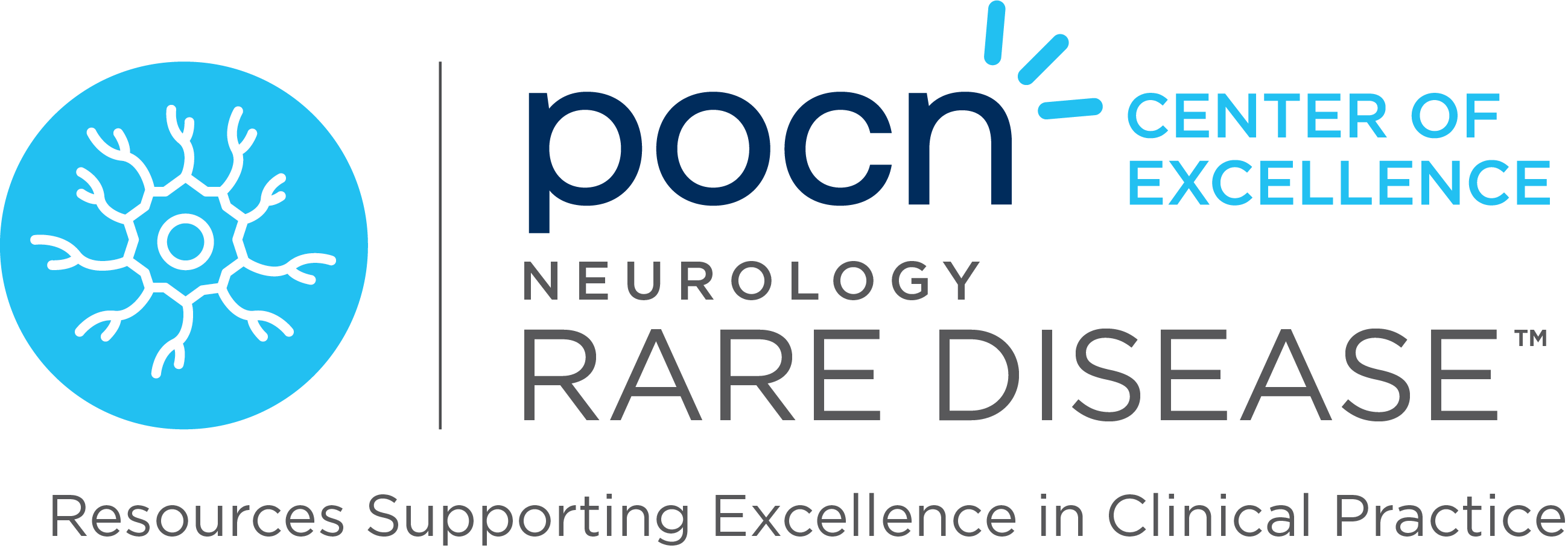Corticobasal degeneration (CBD) is a rare neurological disorder involving the gradual loss of brain tissue, particularly in the upper front sections of the cortex and basal ganglia. Symptoms usually appear between ages 45 and 70, including stiffness, clumsy movements, speech difficulties, and memory loss. These symptoms worsen over time, spreading from one side of the body to the other, affecting muscle control, coordination, and language skills. Patients often face challenges with daily tasks, compulsive behaviors, and personality changes. Most become immobile within five years, with life-threatening complications, such as infections, emerging within a decade.
Diagnosing CBD is difficult due to symptom overlap with other neurodegenerative conditions, including Parkinson’s disease and frontotemporal dementia. Neurological exams, CT scans, and MRIs help identify affected brain regions. While no treatment can slow the disease, therapies address individual symptoms. Parkinson’s medications may reduce rigidity, muscle relaxants help with contractions, and Alzheimer’s treatments manage cognitive decline. Physical, occupational, and speech therapies aim to preserve mobility, independence, and communication.
Reference: UCSF Memory and Aging Center. Corticobasal Degeneration. UCSF Health. Accessed October 23, 2024. https://www.ucsfhealth.org/conditions/corticobasal-degeneration



